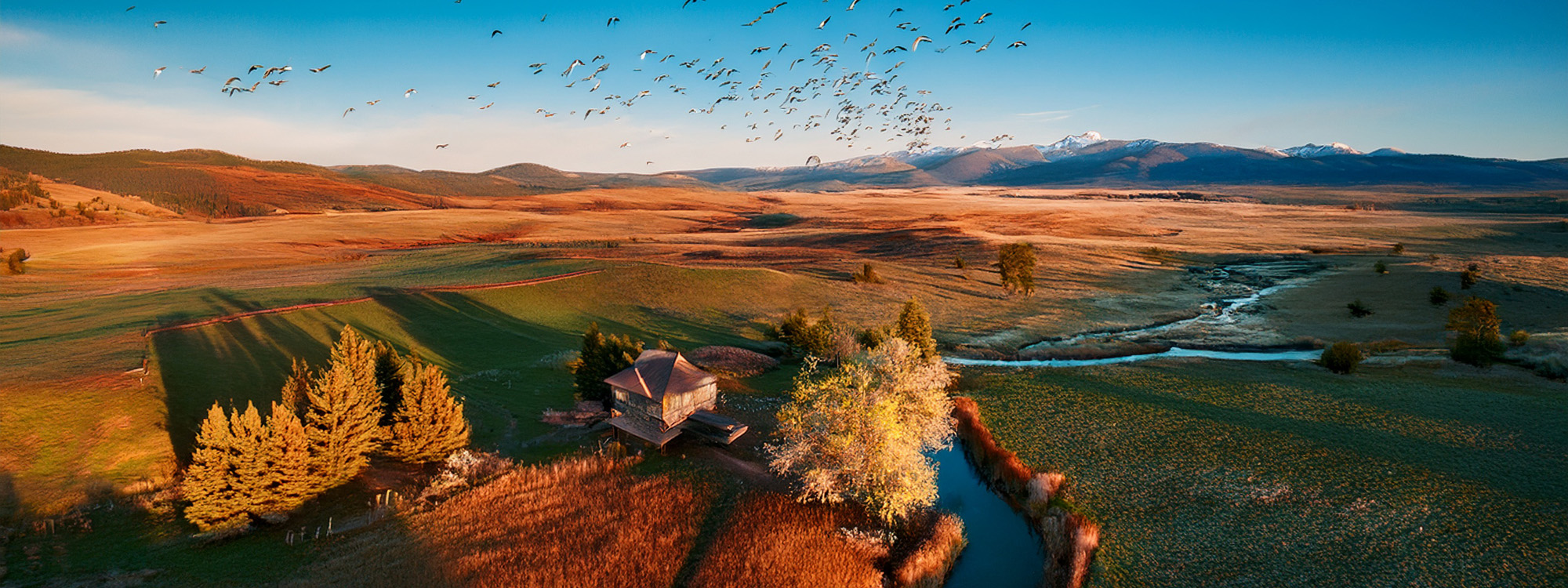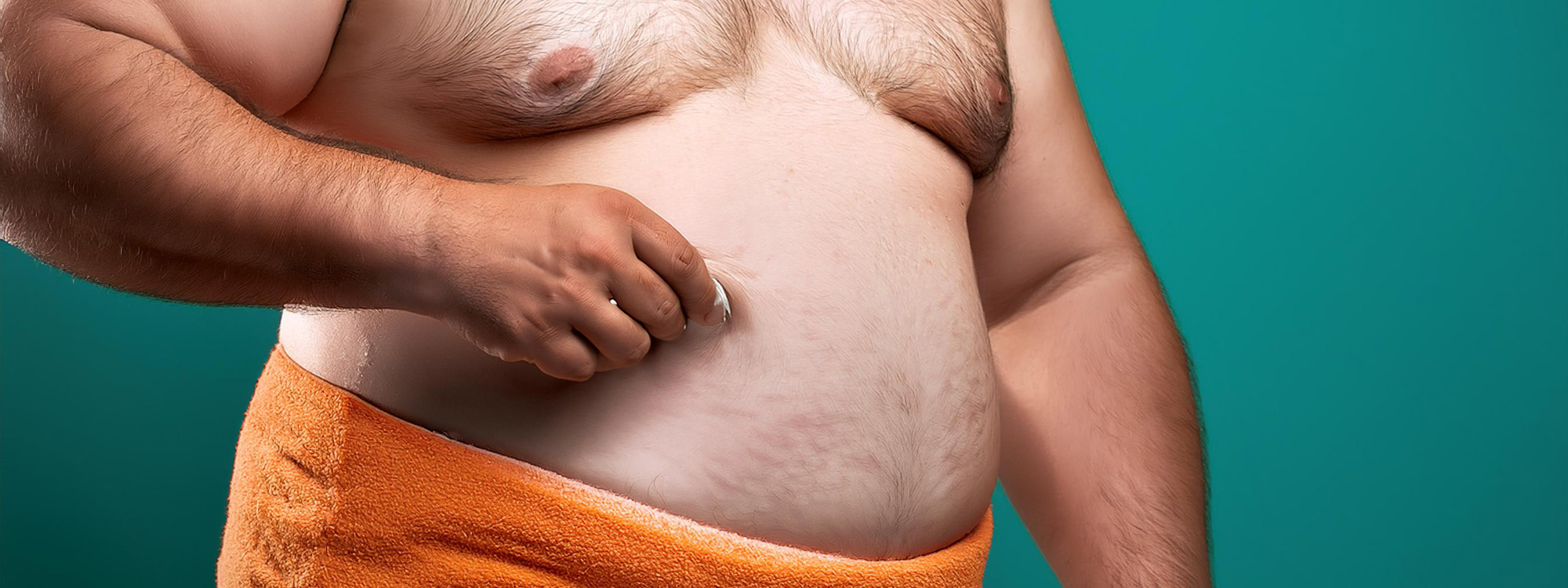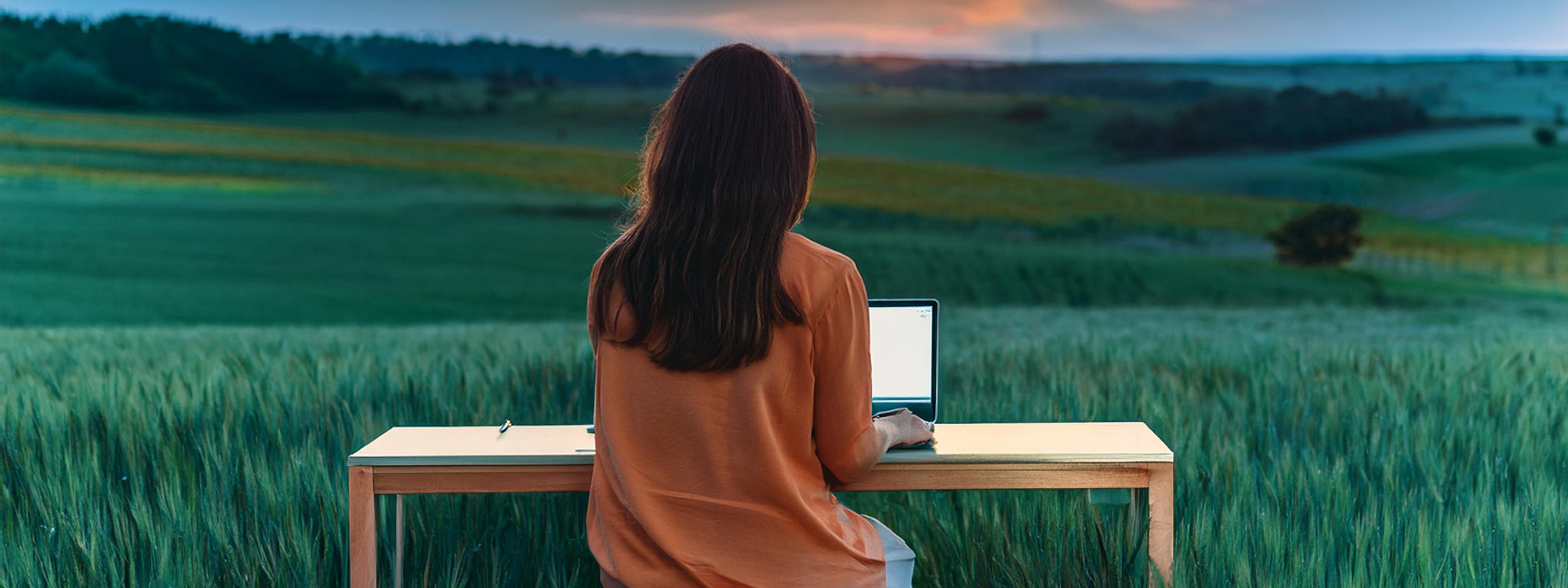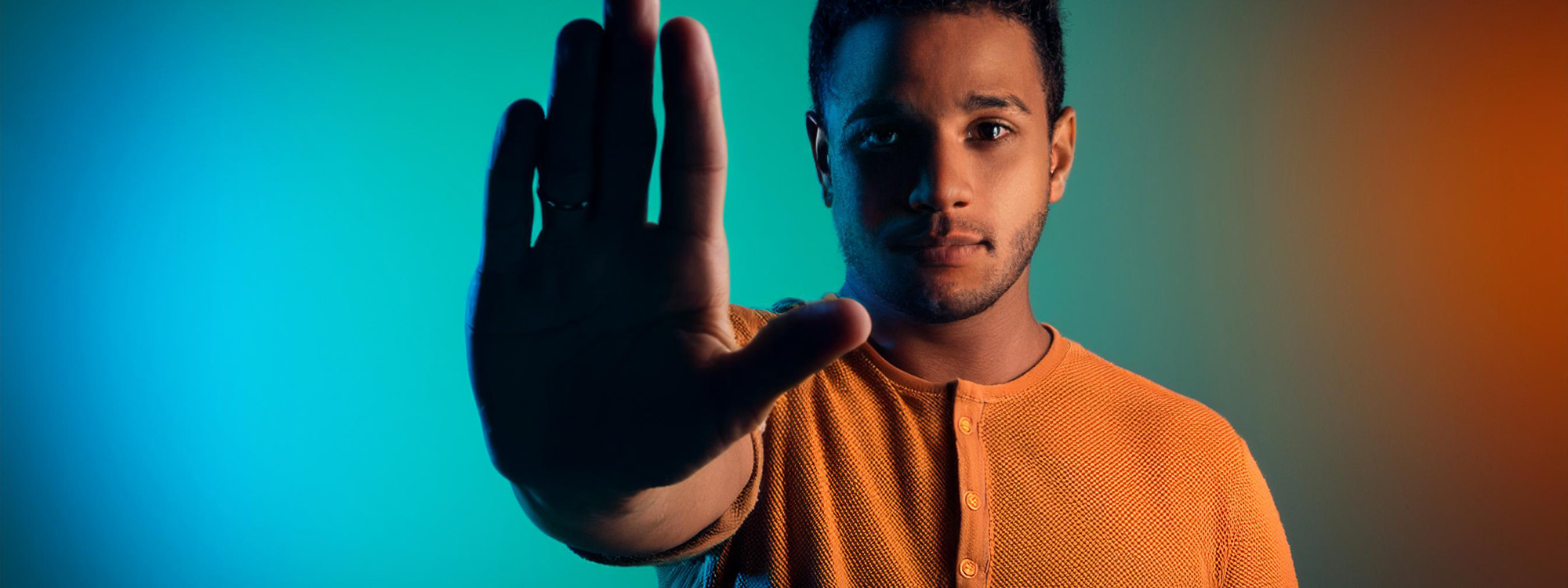| |
Unrequited love, impossible love, stupid, foolish love. My heart is broken, but so is the poet’s. This whole pedophilia thing was not my idea, not my intent.
For me, lust was always initially thrilling, then loathsome and shameful. I loved what I hated and hated what I loved.
I was always told while growing up that if you wanted something bad enough, and was willing to work for it, anything was possible. I wanted to be normal and worked at it diligently. I learned the lingo of leers and lust. Wore the right clothes, went to the bars, joined the dating services (it was called “Great Expectations” in my city), and practiced the arts of romantic deception. But my heart and soul could not dissemble. My sexual compass is defective, its needle warped and frozen, forever pointing to a barren, paradoxical destination.
Was it all bad? I kept physical boundaries. I liked kids. Kids liked me. I looked forward to working with them every day, and the happy shouts of playgrounds remains the sweetest music. But at night I was so melancholy, so alone.
I felt no one had ever been to the place I was. Absurd, but I was young, and the rules of pedophilia are akin to the rules of Fight Club. Rule 1. You do not talk about pedophilia. Rule 2. You DO NOT talk about pedophilia.
It was a bleak solitary day when I stumbled upon Mary Oliver’s breathtaking poem Wild Geese and lunged towards it the way an unbalanced climber grasps onto a belay rope. The stately rhythms and stark truths of the poem calmed my anguish and anchored my bewildered soul while I groped to find a fragile hold of stillness and stability. In some way I had been heard and understood. I was not so terminally unique in this beautiful, terrible world.
You do not have to be good
You do not have to walk on your knees
For a hundred miles through the desert repenting.
You only have to let the soft animal of your body
love what it loves.
What consolation those words offered! I tried so hard to be normal, to be good. I did repent. Nothing changed. I love what I love. I cannot do otherwise.
Then the next line, like a plunge into icy water.
Tell me about despair, yours, and I will tell you mine.
I am free to love what I love, but there is no guarantee that desire will be fulfilled, or even ought to be. No guarantee that we all get to live happily ever after.
Unrequited love, impossible love, stupid, foolish love. A quintessential human experience. My heart is broken, but so is the poet’s. So is the prisoner’s, the exiled, the widowed, the childless. Which heartwound is preferable, more bearable? The parent who loses a beloved child to illness or accident, or the yearning of one who desperately wants a child, but never receives the gift?
The poet refuses to get pulled into pointless discourse—the nature of our distress is of little import,
Meanwhile the world goes on.
I nurtured righteous fury towards God for my broken, hapless sexual nature, focused only on what I could not have, instead of the kaleidoscopic extent of what remains, particularly the unlimited consolations of the natural world
But now I see the world through dimmer, wiser eyes. This world contains pain. It is supposed to. How can you know true love, true happiness, without knowing pain? Why extend a hand of sympathy to the crushed and loveless, if that has never described you? There is no lasting satisfaction in winning for those who have never lost. Fortunately, we all lose, especially those like Ozymandias, who delude themselves to be incapable of losing.
But Oliver reminds us of the pure, spectacular beauty of life, despair and all.
Whoever you are, no matter how lonely,
the world offers itself to your imagination,
calls to you like the wild geese, harsh and exciting —
over and over announcing your place
in the family of things.
What others think of me. What I think of myself is utterly beside the point.
I am here. You are here. We both belong. And no matter how lonely, we have as much right to live and to love as any other creature.
And if the purest, most perfect distillation of our love for children is to leave them innocent and unknowing of that love, have we not successfully completed our journey? Are we not as deserving as any to fly high in the clean blue air, headed for home?
About the author: I am a retired psychiatrist. My current professional interest is to enhance the safety and welfare of children by supporting other minor attracted persons (MAPs) in their pursuit of a satisfying, virtuous life. I have written a memoir, Stupid Brain, and recently published a self-help book entitled A Map for MAPs. Both books are available for free download at amapformaps.com, which also contains a link to purchase digital and physical copies.
Mary Oliver (1935-2019) was a popular American poet with a particular affinity for the consolations available in the natural world. She received both the National Book Award and the Pulitzer Prize. | |






 poem: coming out day
poem: coming out day writer in a dark field: sheila van den heuvel-collins
writer in a dark field: sheila van den heuvel-collins pedophiles who don't excuse child sexual abuse
pedophiles who don't excuse child sexual abuse